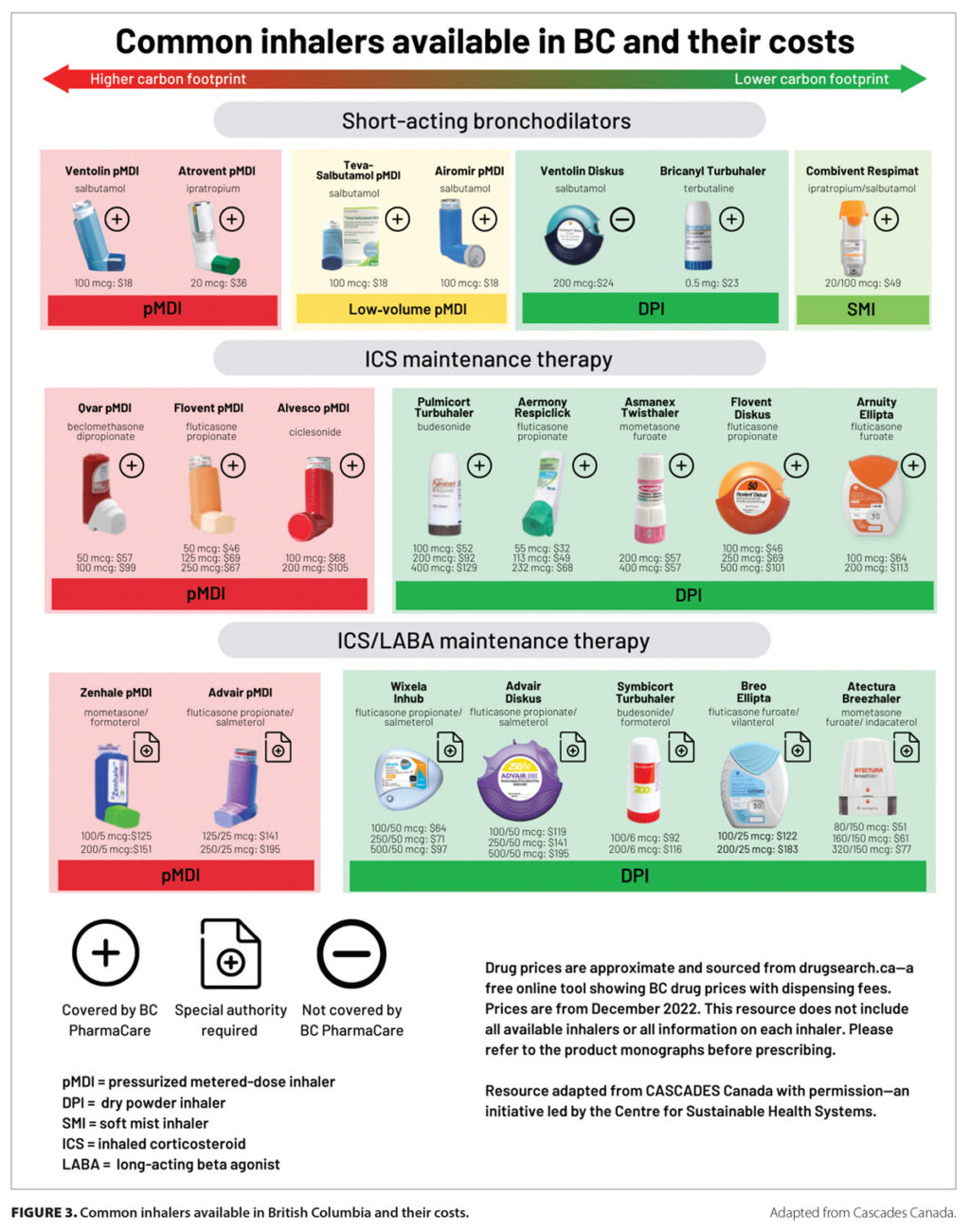
Introduction
Fraser Health, one of the largest health authorities in British Columbia, plays a crucial role in providing health services to over 1.8 million residents in the region. Its significance extends beyond healthcare delivery; Fraser Health embodies innovations in medical practices and community outreach. As the healthcare landscape evolves, understanding the challenges and advancements within Fraser Health becomes essential for residents and stakeholders alike.
Current Challenges
Recently, Fraser Health faced a range of challenges stemming from the COVID-19 pandemic, including staffing shortages, increased demand for mental health services, and the need for enhanced public health measures. Reports indicate that hospitals in the region are feeling the pressure due to increased emergency room visits, leading to longer wait times and strain on resources.
Moreover, Fraser Health has been actively addressing the mental health crisis exacerbated by the pandemic. According to a recent survey, nearly 40% of residents reported experiencing heightened anxiety and depression. In response, the health authority has implemented various initiatives, including expanded access to mental health resources and support groups aimed at improving community well-being.
Innovations in Healthcare Delivery
In an effort to counterbalance these challenges, Fraser Health has embraced several innovations. The introduction of telehealth services has revolutionized patient access to care, with many residents now able to consult healthcare professionals from the comfort of their homes. This approach not only reduces the burden on physical facilities but also caters to those with mobility challenges or who live in remote areas.
Additionally, Fraser Health is investing in technology to optimize patient management systems, ensuring faster diagnosis and treatment. Initiatives such as electronic health records (EHR) are being enhanced, allowing for more streamlined information sharing among healthcare providers.
Community Engagement
Fraser Health places a strong emphasis on community engagement and preventive care. The health authority recently launched several health promotion campaigns focused on vaccinations, chronic disease management, and lifestyle modifications. Collaborating with local organizations and community leaders, Fraser Health aims to foster healthier living environments and encourage proactive health behaviors among residents.
Conclusion
The journey ahead for Fraser Health is filled with both challenges and opportunities. As the health authority continues to navigate the complexities of modern healthcare, its commitment to innovation and community engagement remains pivotal. For residents, staying informed about these developments can lead to better health outcomes and a more robust healthcare system. Looking forward, Fraser Health is poised to adapt and thrive, ensuring that residents have access to quality care in an ever-changing landscape.



